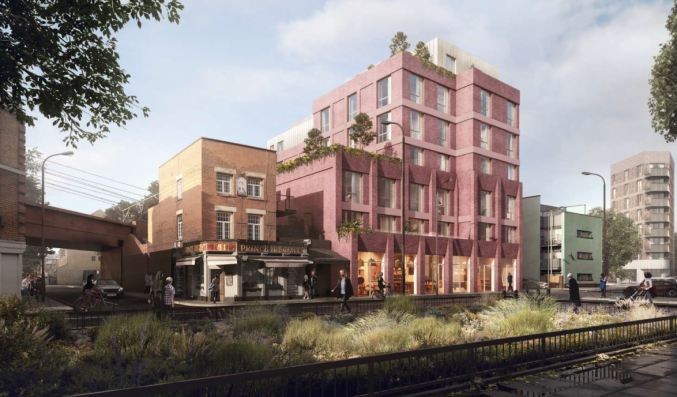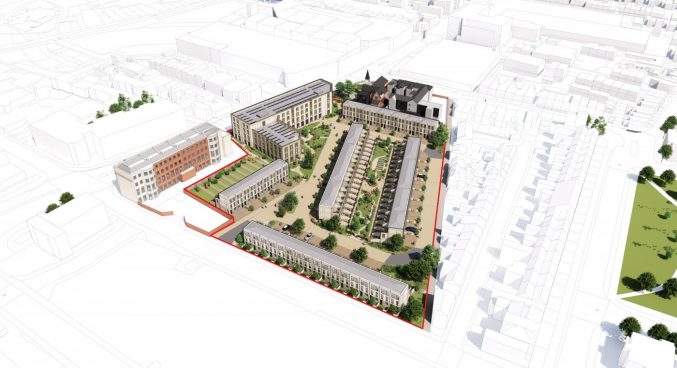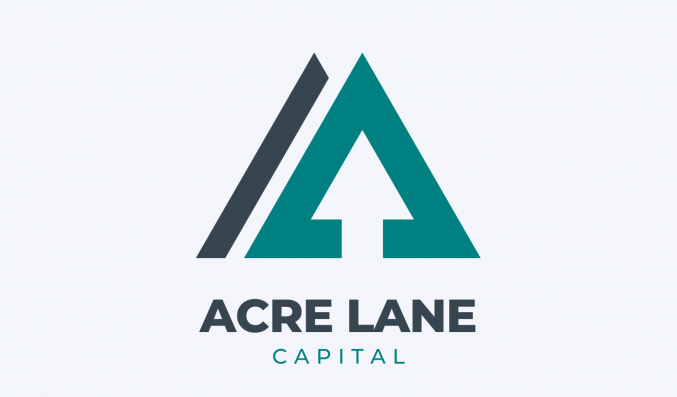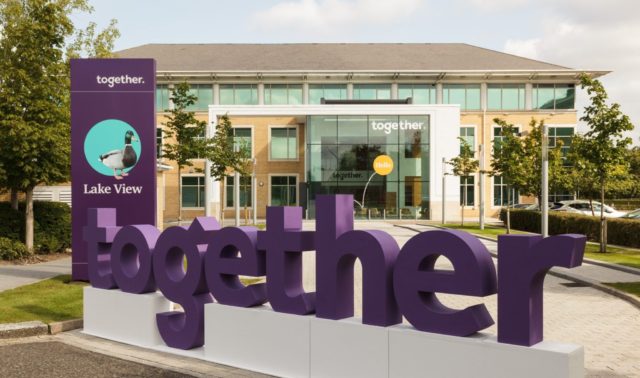What every UK lender needs to know about Islamic bridging finance right now
By Hannah Duncan

Islamic finance is the future. Around the world, it’s been growing at a rate of 10-15% each year, and currently accounts for $2.88 trillion of assets.
$6.9 billion of which are held in the UK – where Muslims make up around 6% of the population. Yet, although the UK is one of the Islamic finance powerhouses, Muslims are still vastly underserved.
According to a 2019 report, a whopping 60% of Muslims felt that Islamic finance was too difficult to access in the UK.
But more than half of Muslims who do not have Islamic finance products said they would like to start.
Clearly there’s a gap in the market, and with today’s property market swelling, now is the perfect moment for bridging lenders to expand their offering.
Here’s what you need to know about Islamic bridging finance right now.
The main rules for Islamic bridging finance
The Quran does not specifically mention mortgages or bridging finance, and so the rules are based on the divine laws around trade and rent. Here are some of the top rules that every Shariah-friendly mortgage or bridging finance must follow:
- The finance must not have interest repayments. However, a pre-determined profit rate or fixed leasing cost could be arranged in the contract.
- The finance must always be backed by an asset, such a house or property. Normally the borrower will need to own the property mortgage-free, known as a first charge bridging finance.
- The property cannot be used for any prohibited activity. This could include anything to do with pork, tobacco, gambling, pornography, alcohol or speculation products or services. Although some interpretations permit up to 5% of these forbidden products. For example, if the property is a supermarket or department store, no more than 5% of the value should come from pork, alcohol, or tobacco.
Islamic bridging finance is not technically a “loan”
The term “Islamic bridging finance” – also known as “Shariah bridging finance”, or “Halal bridging finance” – can be misleading. Perhaps a better way to describe it would be an “Islamic payment plan”. This is because Islamic finance discourages our typical lending models, and promotes fairer, more transparent methods.
Interest, known as riba is forbidden in the Holy Quran. The text specifically states, “Allah forbids riba and permits trade”. So, instead, an equity-based partnership is encouraged. This slightly changes the way that mortgages and bridging finance can be structured.
Examples of Islamic bridging finance and mortgage structures:
Over time, three main models have emerged – Diminishing partnership, Lease-to-own and Payment plan. We’ve used the conventional terms of “lender” and “borrower” here for simplicity, but of course, as we have already discussed, Islamic finance is not technically a “loan”.
1. Diminishing Partnership
Known as Diminishing Musharakah, the lender and the borrower go into partnership to purchase or improve a property. The borrower enters a “promise to buy” contract with the lender, meaning that he must buy the lender’s share over time.
2. Lease-to-own
Ijara Wa Iqtina is the official name for this type of structure. The lender will buy the property, and the borrower pays rent for living in or using it. Once the lender has paid the full amount of the property, the ownership is transferred. This model is rarely used for property, and more common for other forms of financing such as for cars, household appliances or machinery.
3. Payment plan
This is the Murabaha Structure, and it is like a payment plan. The bank or lender will buy the property, and then sell it on (normally with a profit) to the borrower. The borrower pays in pre-determined regular amounts, until the total cost has been covered. A form of Murabaha called Commodity Murabaha is used in many property transactions where the property is replaced with some precious commodity in order a debt to be realised and cash used to purchase or refinance the property. This structure is very common for Islamic commercial property finance and bridge finance in the UK
Currently in the UK, only a handful of lenders offer these services. However, the demand has been exponential, as Islamic bridging finance provider, Bilal Ahmed explains below.
Advantages of an Islamic mortgage or bridging finance
Interest-free finance is a clear benefit for property buyers, even attracting many non-Muslims to sign up.
One Islamic mortgage provider in the UK, Al Rayan, says that 12% of all its home purchase buyers are actually non-Muslims.
Borrowers from all religions appreciate knowing that their finance is delivered in a fair, transparent, and ethical way with no hidden or surprise charges.
For instance, any excess charged for late payments over above the costs incurred by an Islamic finance institution must be given to charity.
Another advantage which is taking the world by storm is the rising awareness of ethical finance.
In the words of the Bank of England’s Executive Director, Andrew Hauser, “Islamic finance seeks to avoid investing in socially detrimental activities. In fact, it was pro-ESG before the term was ever invented!”.
The socially-minded side of Islamic finance makes it a favourable choice for many hopeful property buyers.
Islamic finance is growing 10-15% each year
All around the world, Islamic finance is surging in popularity. Valued at $2.8 trillion, and serving a whooping 1.8 billion people, it’s one of the fastest growing industries.
In December 2020 Executive Director of the Bank of England, Andrew Hauser, declared that Islamic finance principles should be at the centre of the economy’s recovery from COVID.
He believes that the three unique features – risk sharing, ethical finance and avoiding speculation – make Islamic finance a good recession-resilient option.
In response, the Bank of England is now launching an Alternative Liquidity Facility, to benefit Muslims and non-Muslims alike.
We can expect to see more developments soon, not just in the UK but across the world, as Islamic finance has grown by around 10 – 15% each year since the 1970s.
Today, Islamic fintechs are launching at a faster rate than ever before. One example is the Canadian-based Islamic mortgage-finder app, Manzil.
Manzil matches customers to interest-free finance and mortgages in a seamless online experience.
The beginning of Islamic bridging finance in the UK
Here in the UK, we are at the cusp of a new era in Islamic property financing. This follows the Bank of England’s December announcement to better facilitate alternative liquidity, alongside the swelling demand for stamp duty-free property in 2020.
Currently, there are four UK banks offering Islamic mortgages, and more than five have plans to launch one soon.
In September 2019, the UK’s first Shariah-complaint bridging lender, Offa, came to life. Head of Operations, Bilal Ahmed commented, “The UK’s Muslim population is set to grow to 13 million by 2050 from its current level of 3.4 million and so we feel this is a high growth market with a long-term future”.
Since launching, the firm enjoyed unexpected levels of success and popularity, as Ahmed later revealed in a MoneyFacts interview, “Since we launched, demand for our Shariah-compliant bridging finance products has been far stronger than anticipated and this new funding line will help us to accommodate it”.
The ever-growing strength and popularity of Islamic mortgages and bridging solutions looks here to stay. Astute bridging lenders should look to become early adopters of this service.
If you want to work out the fees involved with a bridging loan, use our calculator to help you.

Hannah Duncan is a freelance writer with a passion for finance, sustainable investing and fintech. She loves writing engaging content for industry magazines and investment services, as well as keeping a personal blog at www.hdinvestmentcontent.com










You must be logged in to post a comment.